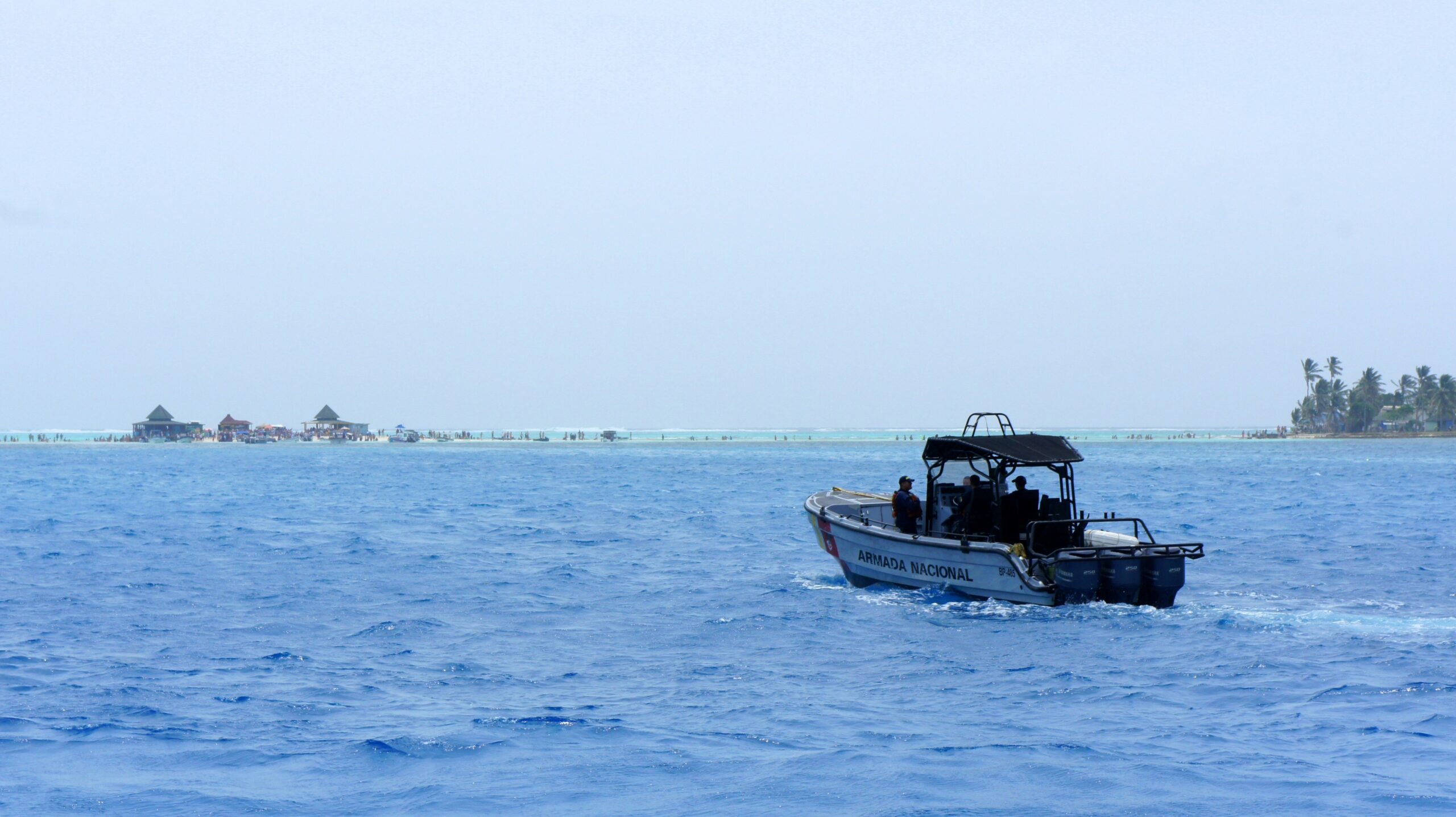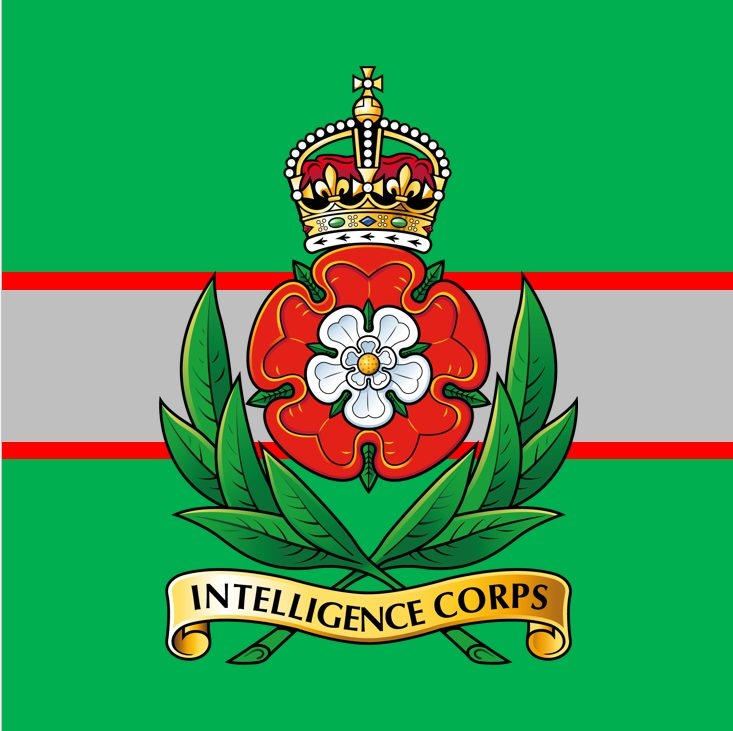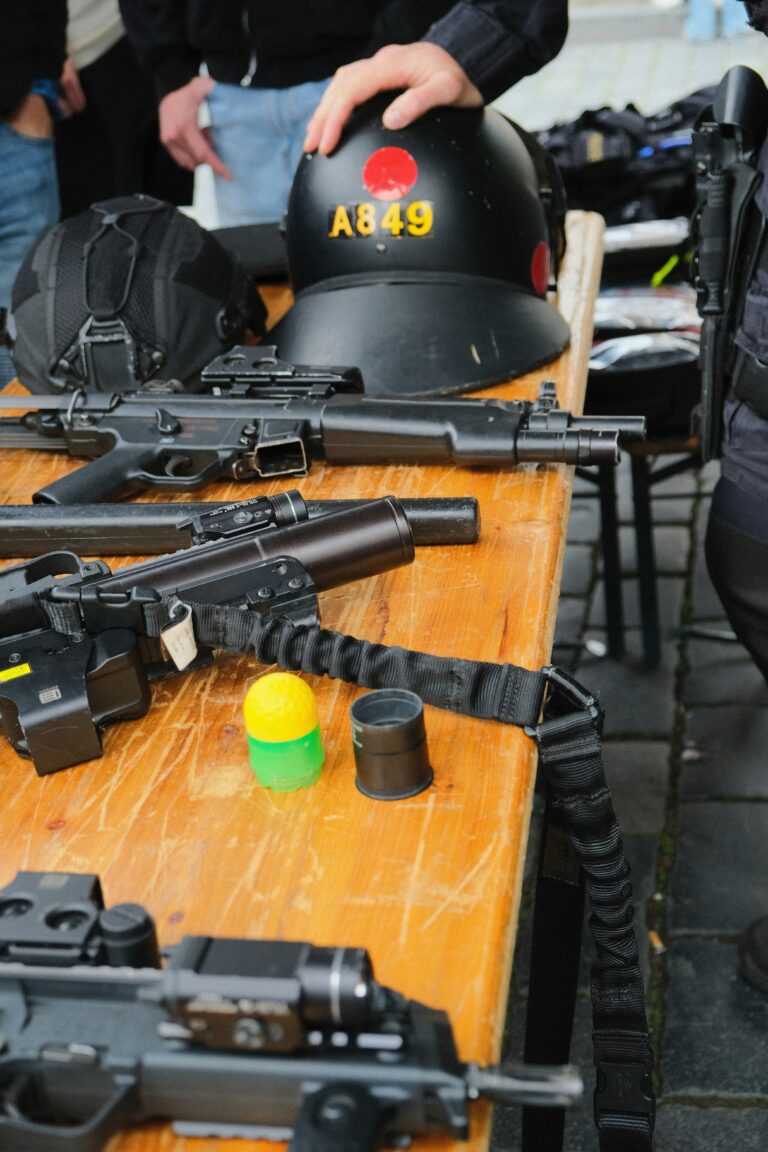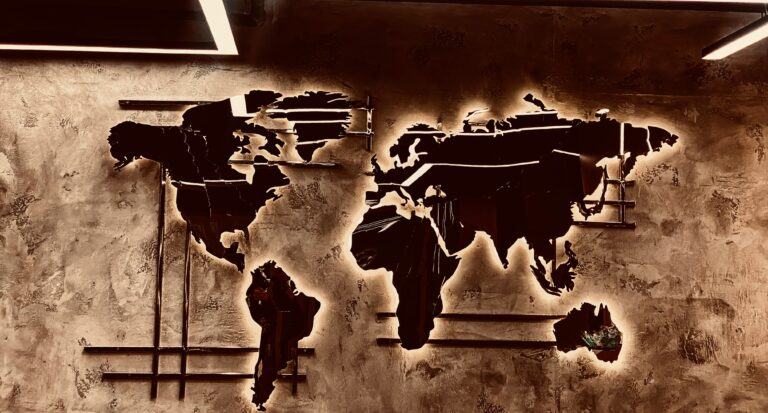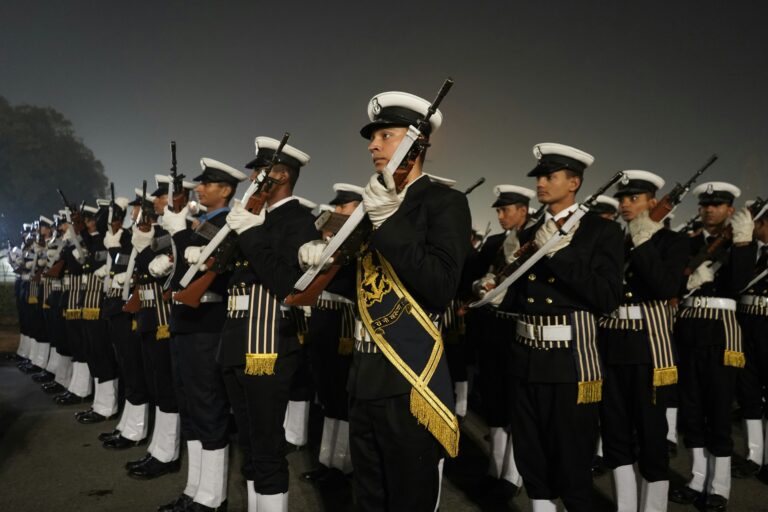UK Special Forces Boat Service (SBS)
Introduction
Among the most secretive and elite fighting forces in the world, the Special Boat Service (SBS) operates in the shadows — striking from the sea, slipping in unseen, and executing high-risk missions with deadly precision. Often compared to the SAS but more clandestine, the SBS is the UK’s maritime special operations force, specialising in covert insertion, reconnaissance, sabotage, counter-terrorism, and hostage rescue.
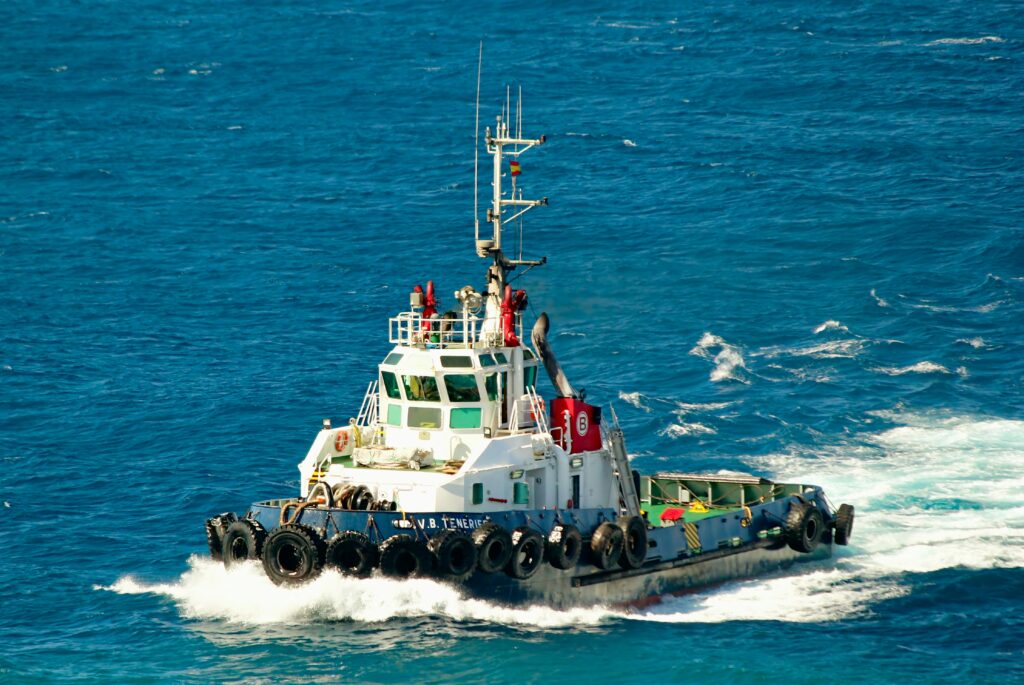
This article takes an in-depth look into the world of the SBS — its origins, recruitment, training, missions, and its evolving role in modern warfare.
What Is the Special Boat Service?
The SBS is the UK’s naval Tier 1 Special Forces unit, part of United Kingdom Special Forces (UKSF). While the SAS is widely known, the SBS operates more quietly — its missions are classified, and its members are sworn to secrecy.
The SBS is tasked with:
- Covert reconnaissance (especially in maritime and coastal areas)
- Counter-terrorism and direct action
- Hostage rescue (maritime and inland)
- Sabotage, raids, and demolition
- Surveillance of enemy installations
- Support to MI6, MI5, and international partners like US Navy SEALs, Delta Force, and Joint Special Operations Command (JSOC)
Its unofficial motto: “By Strength and Guile.”
Historical Background
Origins in World War II
The SBS traces its roots to 1940 with the Special Boat Section — a handful of commandos from the Royal Marines and British Army trained to carry out small-boat operations against Axis forces in the Mediterranean.
Key WWII Operations:
- Sabotage of German aircraft in Crete
- Raids on Axis ports in Greece and North Africa
- Infiltrations behind enemy lines by canoe and submarine
The SBS grew in prominence and was officially recognised as a permanent unit after the war.
Post-WWII to Present
- 1982 Falklands War: Recon missions on West Falkland, raiding Argentine positions
- 1990s Balkans: Covert surveillance in Bosnia and Kosovo
- 2000s Afghanistan & Iraq: High-value target elimination, close air support, and special reconnaissance
- 2010s–Present: Anti-piracy, Syria operations, maritime counter-terrorism in UK and overseas
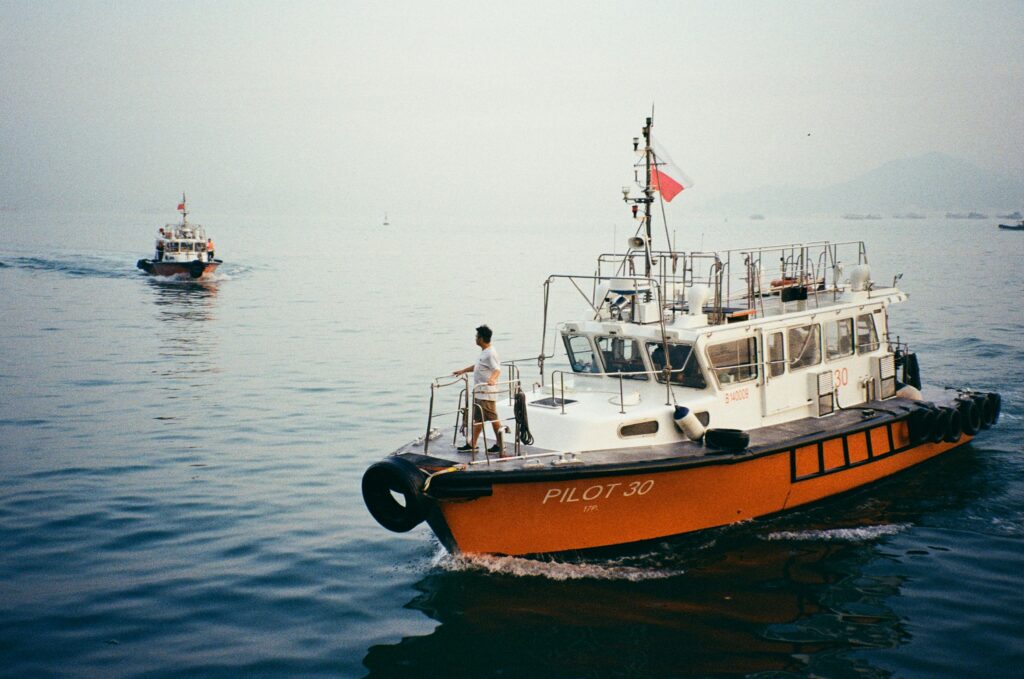
How SBS Differs from the SAS
While both are Tier 1 UKSF units, their focus differs:
| Aspect | SBS | SAS |
|---|---|---|
| Primary Domain | Maritime, coastal, amphibious | Land, desert, jungle |
| Background | Royal Marines (primarily) | British Army (mainly Parachute Regiment) |
| Insertion Methods | Diving, submarines, canoes, boats | HALO jumps, vehicles, foot patrol |
| Operations | Covert sea-to-land missions | Deep behind-enemy-lines raids |
| Headquarters | Poole, Dorset | Credenhill, Herefordshire |
Recruitment and Selection
Who Can Apply?
Until recently, only Royal Marines could apply directly to SBS selection. Now, all branches of the UK Armed Forces (Army, RAF, Royal Navy) may apply, though many candidates still come from the Royal Marines due to their amphibious expertise.
Minimum Requirements:
- 3+ years of military service
- Outstanding physical and mental fitness
- Excellent swimming and diving ability
- Security clearance and psychological screening
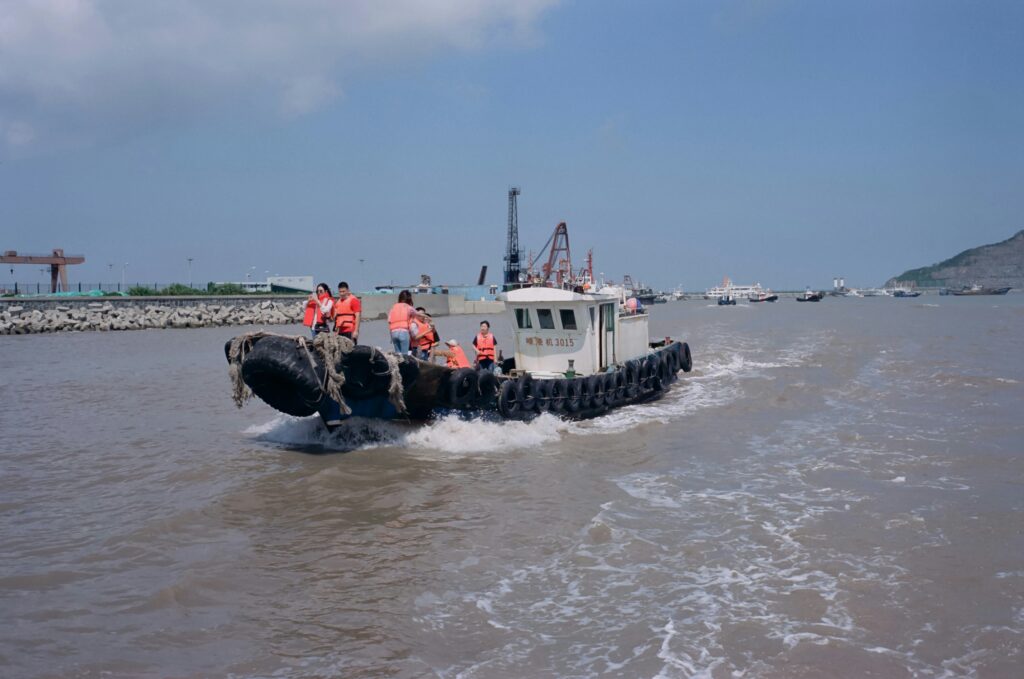
The Selection Process
SBS and SAS candidates undergo joint UKSF Selection — one of the toughest military courses in the world.
Phase 1: Endurance Phase (Brecon Beacons)
- 4-week extreme physical testing
- Hill marches with 60+ lbs of kit
- Navigation exercises
- Culminates in the infamous “Long Drag” — a 64 km solo march in under 20 hours
Phase 2: Jungle Training (Belize or Brunei)
- 4 weeks of survival, navigation, and live-fire missions
- Operate in extreme humidity, with limited food and sleep
Phase 3: Combat Survival & Resistance to Interrogation (SERE)
- Training in escape, evasion, and withstanding interrogation techniques
- Candidates are “captured” and interrogated using realistic scenarios
Phase 4: Swimmer Canoeist Course (SBS Only)
- Unique to SBS
- Training in:
- Combat diving
- Submarine lock-in/lock-out
- Kayak insertion
- Underwater demolitions
- Parachuting into water
- Maritime navigation and silent beach landings
Graduates earn the right to wear the SBS badge: a winged dagger over three waves.
Equipment and Technology
SBS operators use advanced gear tailored for sea, land, and air:
- Rebreathers for silent diving (no bubbles)
- Mini-submarines (SDVs) for stealth insertion
- Inflatable boats (Zodiacs)
- Modified helicopters for night insertion (e.g., Chinooks, Wildcats)
- Suppressed weapons: HK MP5SD, SIG MCX, and Glock 17
- Crye Precision uniforms, custom fins, GPS trackers
- Unmanned underwater vehicles (UUVs) and underwater drones
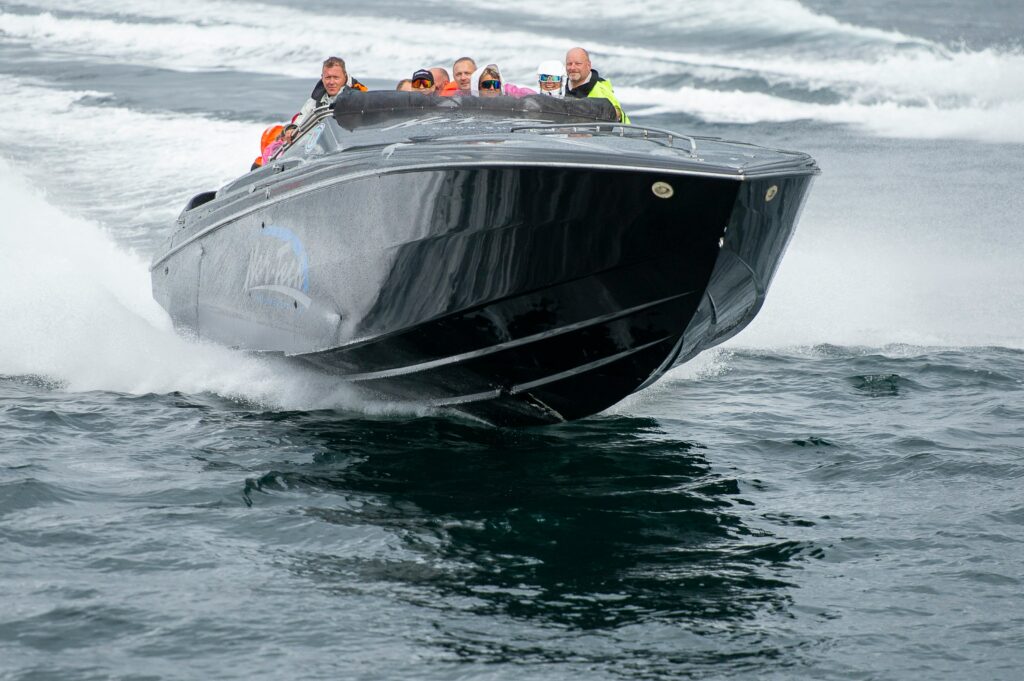
Real Missions (Declassified and Public)
1. Falklands War (1982)
- Conducted covert beach reconnaissance and raids ahead of major landings
- Intercepted Argentine patrols and destroyed radar stations
2. Liberation of MV Sirius Star (2008)
- Worked with the US Navy SEALs to track and eliminate Somali pirates
- Carried out underwater tracking and intel gathering
3. Counter-ISIS Operations (Syria, Iraq)
- Targeted ISIS leadership compounds
- Called in precision airstrikes and snatched high-value detainees
4. 2018 London Thames Drill
- SBS teams practiced maritime hostage rescues on the River Thames
- Highlighted readiness for domestic anti-terrorism response
Daily Life and Mindset
SBS operators are trained to think and act independently under high pressure. Key values include:
- Discipline and secrecy: Missions are classified and rarely discussed, even among peers
- Team cohesion: Most missions are conducted in four-man or six-man teams
- Problem-solving under pressure: Improvisation is vital in unpredictable environments
- Physical mastery: Swimming, diving, parachuting, climbing, and endurance
Operators may deploy for 3–6 months, with long periods in training or preparation. Family separation and psychological strain are common but managed with military mental health support.
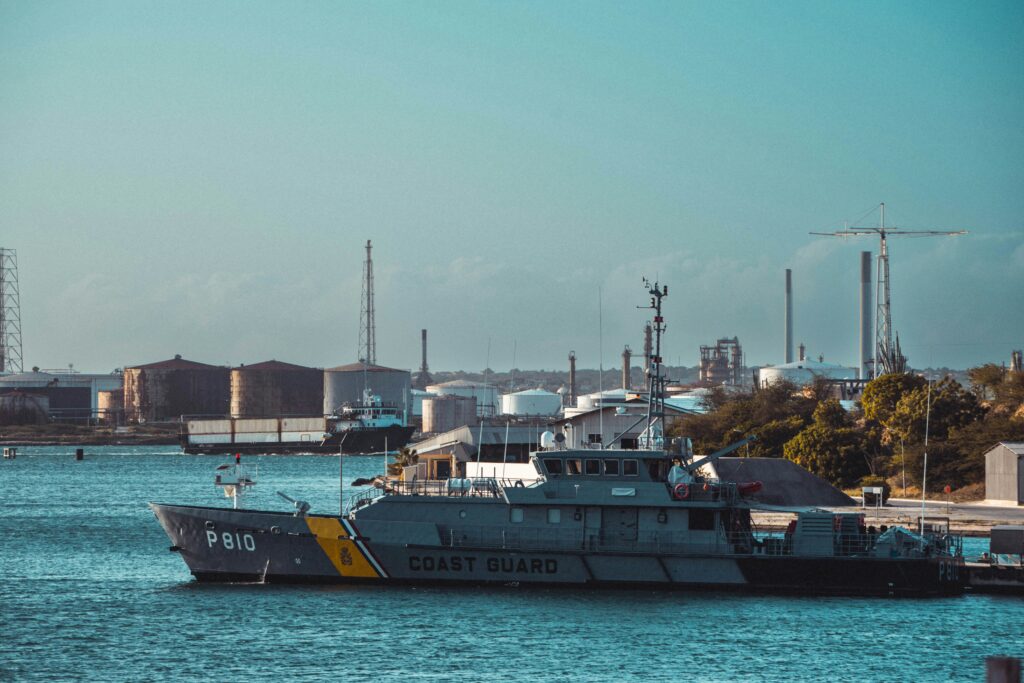
Career Progression
- Ranks up to Warrant Officer Class 1 or Captain for officers
- May transfer to:
- Joint Special Forces Aviation Wing
- SBS Support Group
- Intelligence or Training Command
- Post-service roles:
- Private security or maritime protection
- Intelligence consulting
- Underwater engineering or diving operations
- MOD advisory roles
Salary and Benefits
Due to the classified nature of their work, SBS operators receive:
- Higher salary bands: ~£50,000+ after selection, with rapid raises
- Special Forces bonus pay
- Combat and deployment allowances
- Advanced gear and housing options
- Medical, family, and mental health support
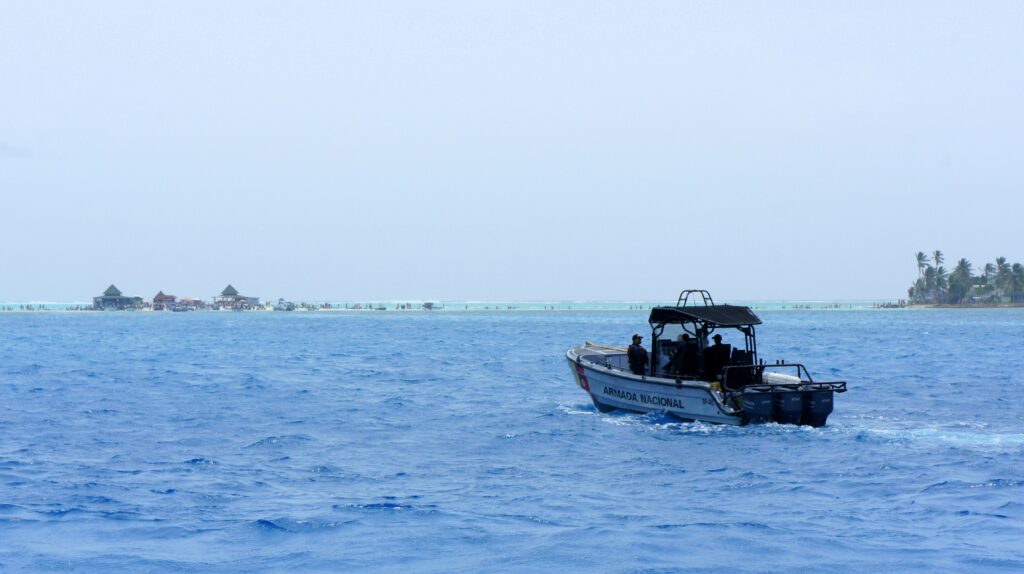
The Future of SBS
SBS is evolving to meet modern threats:
- Greater use of underwater drones and autonomous vessels
- Cyber-maritime warfare integration
- Anti-piracy and grey-zone operations
- Collaboration with NATO, Five Eyes, and US SOCOM
- Arctic warfare readiness as geopolitical tensions grow in the North
Conclusion
The Special Boat Service remains one of the most feared and respected maritime special forces units in the world. Whether silently approaching a target beach by canoe or neutralising a terrorist threat in an oil rig, the SBS operates with precision, bravery, and professionalism — in complete secrecy.
As conflicts shift to new domains — cyber, maritime, and beyond — the SBS stands ready: silent, unseen, and unstoppable.
